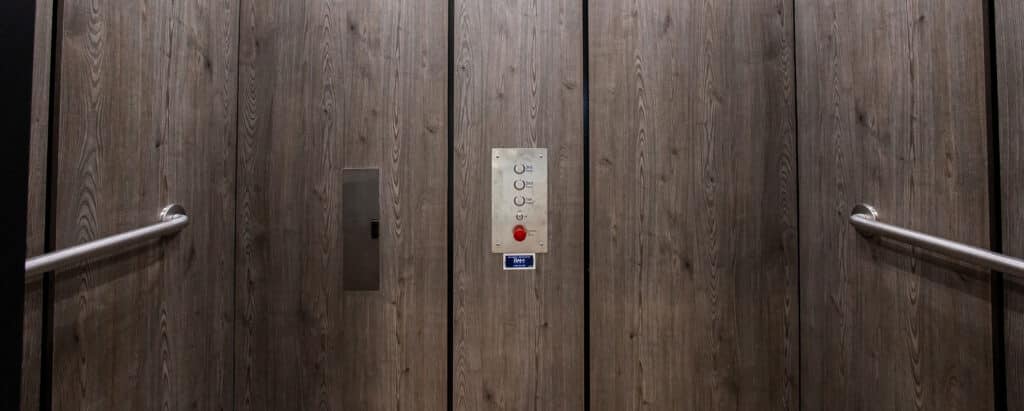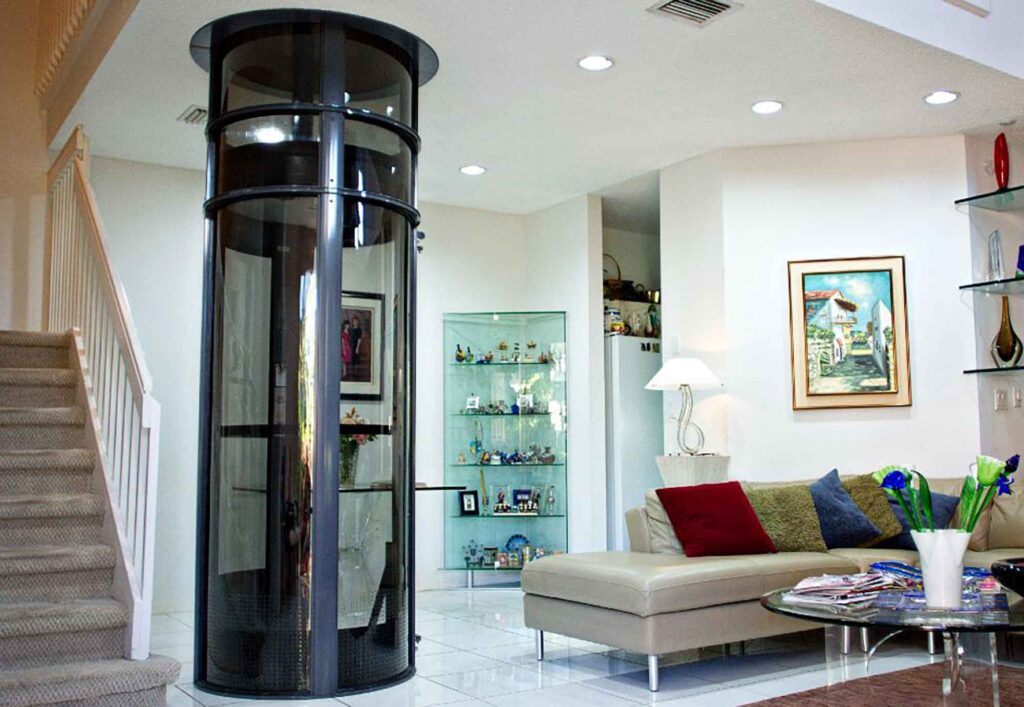Home elevators are a valuable addition to any residence, providing convenience, accessibility, and a touch of luxury. However, like any mechanical system, elevators require regular maintenance and occasional repairs to ensure they function safely and efficiently. In this blog post, we’ll explore the signs that indicate your home elevator might need repairs and discuss the importance of ongoing maintenance to keep it running smoothly.
When Do I Need to Repair My Home Elevator?
Recognizing the signs that your home elevator needs repairs is crucial for preventing more significant issues down the line. While some problems might seem minor, they can quickly escalate into serious safety concerns if not addressed promptly. Here are some common indicators that it’s time to repair your home elevator:
1. Unusual Noises: If your elevator starts making grinding, squeaking, or rattling noises, it’s a clear sign that something is wrong. These sounds could indicate issues with the motor, cables, or other components that require immediate attention.
2. Slow Operation: A noticeable decrease in the speed of your elevator can signal a problem. This could be due to wear and tear on the mechanical parts, a failing motor, or issues with the electrical system. Slow operation not only affects convenience but also points to underlying issues that could lead to more significant failures.
3. Jerky Movements: Smooth operation is a hallmark of a well-functioning elevator. If your elevator begins to move jerkily or stops suddenly between floors, it’s time to call in a professional. These symptoms can indicate problems with the drive system, misalignment of the rails, or other mechanical issues.
4. Frequent Stalling: An elevator that stalls frequently or gets stuck between floors is a serious concern. This could be due to electrical faults, worn-out cables, or problems with the control system. Frequent stalling is not only inconvenient but can also be dangerous, especially if someone is trapped inside.
5. Doors Malfunctioning: The doors of your elevator should open and close smoothly and without hesitation. If they start to stick, move slowly, or fail to open or close properly, there could be an issue with the sensors, tracks, or door motor. Door malfunctions can compromise the safety of the elevator and should be repaired as soon as possible.
6. Inconsistent Leveling: One of the critical safety features of an elevator is that it stops level with the floor it’s servicing. If your elevator stops too high or too low, it poses a tripping hazard and indicates a need for repair. This issue is often related to the braking system or sensors and should be addressed promptly.
7. Increased Energy Consumption: If you notice a spike in your electricity bill, it could be due to your elevator operating inefficiently. This could be caused by a failing motor or other electrical components that are overworking to compensate for mechanical issues.
8. Error Messages or Alarms: Modern elevators are equipped with diagnostic systems that alert you to potential problems. If your elevator is displaying error messages or triggering alarms, it’s essential to have a professional assess and repair the issue as soon as possible.
Home Elevator Maintenance
Regular maintenance is key to extending the lifespan of your home elevator and ensuring it operates safely and efficiently. By keeping up with routine maintenance, you can prevent many of the issues that lead to costly repairs. Here’s why regular maintenance is so important and what it typically involves:
1. Preventative Care: Just like with your car, regular maintenance for your elevator helps catch small issues before they become big problems. Preventative care involves inspecting all the mechanical and electrical components of the elevator to ensure they’re in good working order. This includes checking the cables, pulleys, brakes, motor, and control systems.
2. Lubrication: Proper lubrication of moving parts is essential to reduce wear and tear on your elevator’s components. A lack of lubrication can lead to increased friction, which can cause parts to degrade faster and lead to more frequent repairs.
3. Safety Inspections: Safety is the top priority when it comes to home elevators. Regular maintenance includes thorough safety inspections to ensure all safety features, such as emergency brakes, alarms, and backup systems, are functioning correctly. This helps to protect you and your family from potential accidents.
4. Cleaning: Dirt and debris can accumulate in the elevator shaft, doors, and other components, leading to operational issues. Regular cleaning as part of your maintenance routine helps keep everything running smoothly and prevents obstructions that could cause damage.
5. Updating Software: Many modern elevators have computerized control systems that require regular software updates to operate efficiently. During maintenance, your technician will check for any updates or patches that need to be installed to keep your elevator’s system running optimally.
6. Testing Emergency Systems: Your home elevator is equipped with several emergency systems, including alarms, emergency lighting, and backup power. Regular maintenance ensures these systems are tested and fully operational in the event of a power outage or other emergency situations.
7. Extending Lifespan: Regular maintenance can significantly extend the lifespan of your home elevator by ensuring that all components are functioning correctly and efficiently. This reduces the likelihood of major breakdowns and the need for costly replacements.
8. Compliance with Local Regulations: Depending on where you live, there may be local regulations that require regular inspections and maintenance of residential elevators. Staying compliant with these regulations not only ensures your elevator is safe but also prevents potential fines or penalties.
9. Cost Savings: While regular maintenance requires an investment, it’s far more cost-effective than dealing with major repairs or replacements. By addressing issues early and maintaining your elevator’s efficiency, you’ll save money in the long run.
Conclusion
Home elevator repairs and maintenance are essential to keeping your elevator safe, efficient, and reliable. By being aware of the signs that your elevator needs repairs and committing to regular maintenance, you can ensure that your elevator remains a valuable asset to your home. Whether you’re dealing with minor issues or looking to prevent future problems, Total Home Elevators is here to help with expert repair and maintenance services tailored to your needs.

